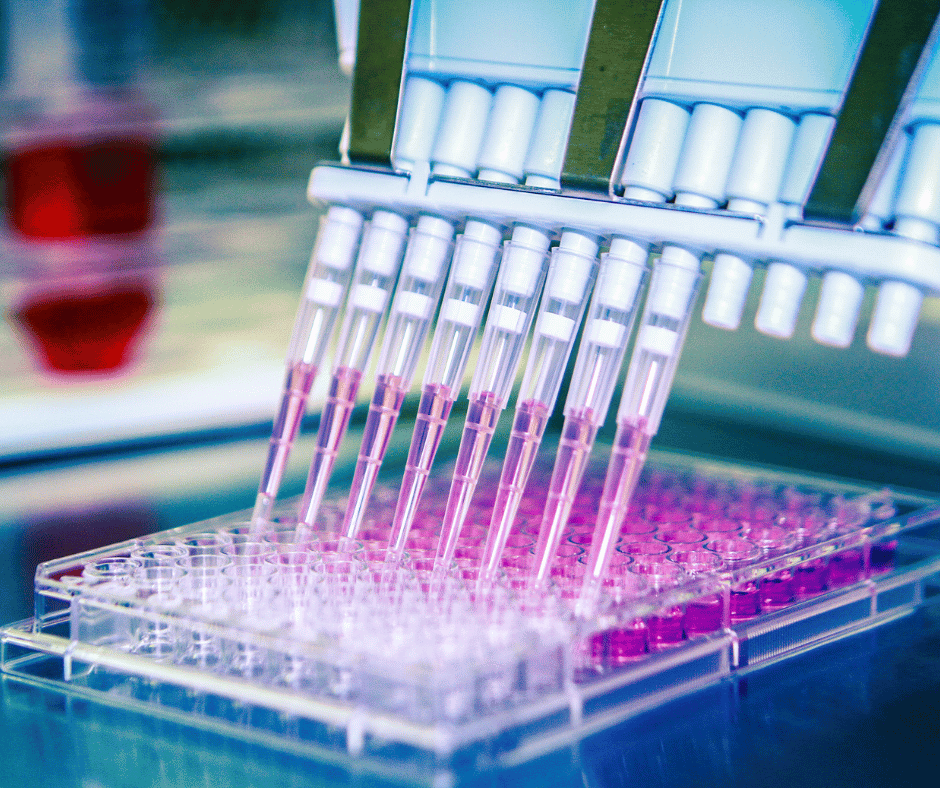Certificate Course in Cell Culture: Cell Culture is a fundamental technique in the fields of biology, toxicology, pharmaceutical science, and medicine. The manipulation of cells outside their native environment has broad applications ranging from basic research to therapeutic development. A Certificate Course in Cell Culture equips participants with the essential skills, knowledge, and competencies required to work proficiently in a cell culture laboratory.

Certificate Course in Cell Culture: Bridging Theory and Practice
Objective of the Course
The primary goal of the Certificate Course in Cell Culture is to provide hands-on training, coupled with a strong theoretical foundation. The course aims to instill an understanding of:
- Basic and advanced cell culture techniques.
- Best practices for laboratory safety and contamination control.
- Specialized techniques, including 3D culture, co-culture, and cryopreservation.
- Ethical considerations and regulatory compliance in cell culture.
Target Audience
This course is designed for:
- Students pursuing degrees in biology, genetics, pharmaceutical sciences, or related fields.
- Researchers and laboratory technicians seeking to expand or update their skillset.
- Industry professionals working in biotech, pharmaceutical, or healthcare sectors.
Course Structure and Content
The Certificate Course in Cell Culture is typically structured into the following key modules as per the ISO Guidelines.
Module 1: Introduction to Cell Culture
- Overview of cell culture and its historical development.
- Types of cells and tissues used.
- Laboratory equipment and setup.
Module 2: Basic Cell Culture Techniques
- Media preparation and sterilization.
- Cell seeding, passaging, and maintenance.
- Monitoring cell growth and viability.
Module 3: Advanced and Specialized Techniques
- 3D cell culture and organoids.
- Stem cell culture.
- Transfection and gene editing.
Module 4: Safety, Ethics, and Compliance
- Contamination prevention and control.
- Ethical considerations in cell sourcing and manipulation.
- Regulatory guidelines and compliance.
Assessment and Certification
Evaluation is an integral part of the course, including:
- Regular quizzes and practical assessments.
- A final project or examination.
- Successful participants are awarded a Certificate in Cell Culture, often recognized by professional bodies and academic institutions.
Duration and Delivery
- The course may range from a few weeks to several months, depending on the depth and complexity.
- It can be offered online, in-person, or as a hybrid model, with hands-on laboratory sessions.
Career Opportunities and Professional Development
A Certificate in Cell Culture opens doors to various career paths, including:
- Research and development roles in academia and industry.
- Quality control and assurance in pharmaceutical manufacturing.
- Continued professional development and specialization.
Conclusion
A Certificate Course in Cell Culture is more than just a training program; it’s a comprehensive education that marries theoretical knowledge with practical skills. By providing a robust curriculum and fostering a culture of curiosity, ethics, and excellence, it shapes the next generation of scientists and professionals who will drive innovations in healthcare, research, and technology.
The investment in such a course not only elevates individual expertise but also contributes to the broader scientific community, ensuring that cell culture practices are conducted with the utmost precision, integrity, and social responsibility. Whether you are a budding scientist or an experienced professional, this course is a step towards excellence in the dynamic and ever-evolving world of cell culture.
Comments are closed